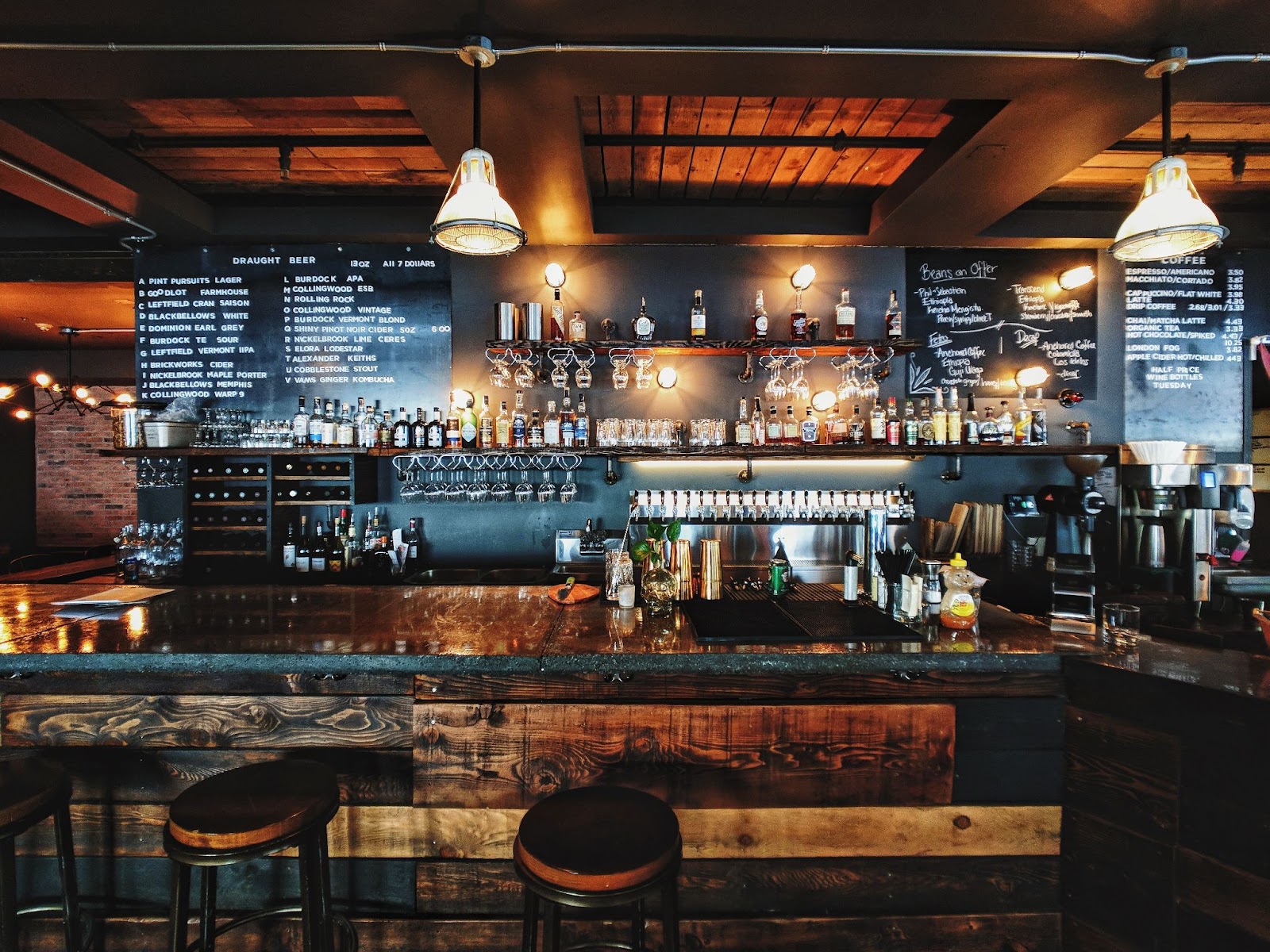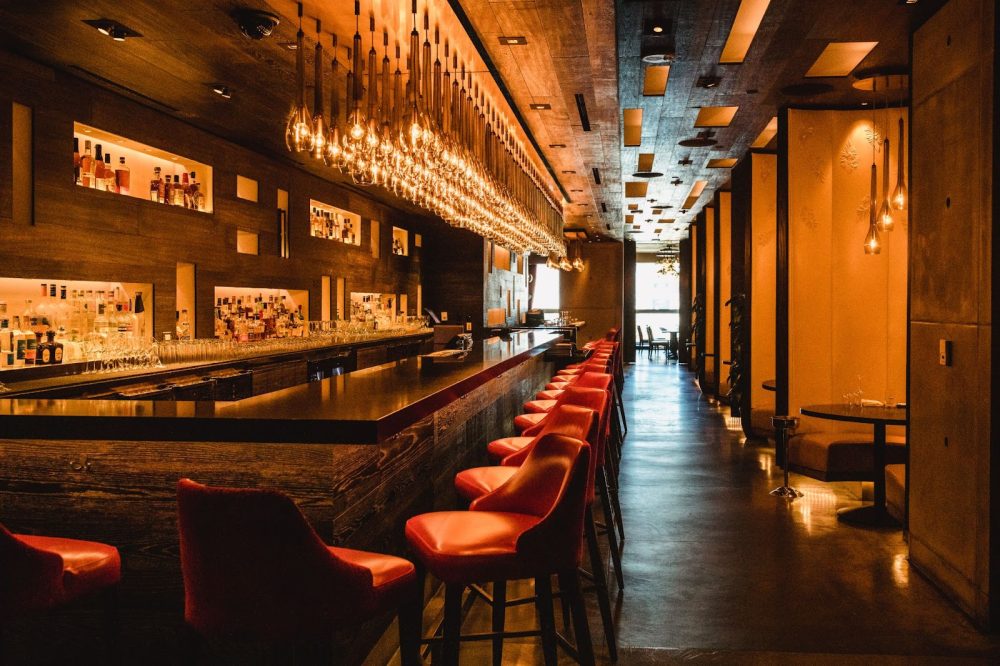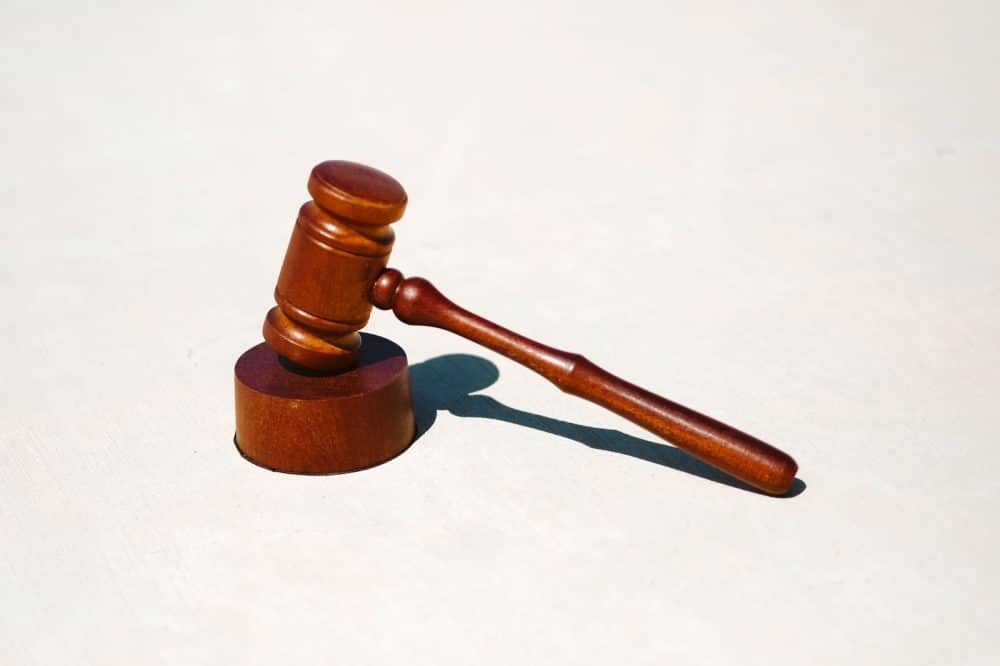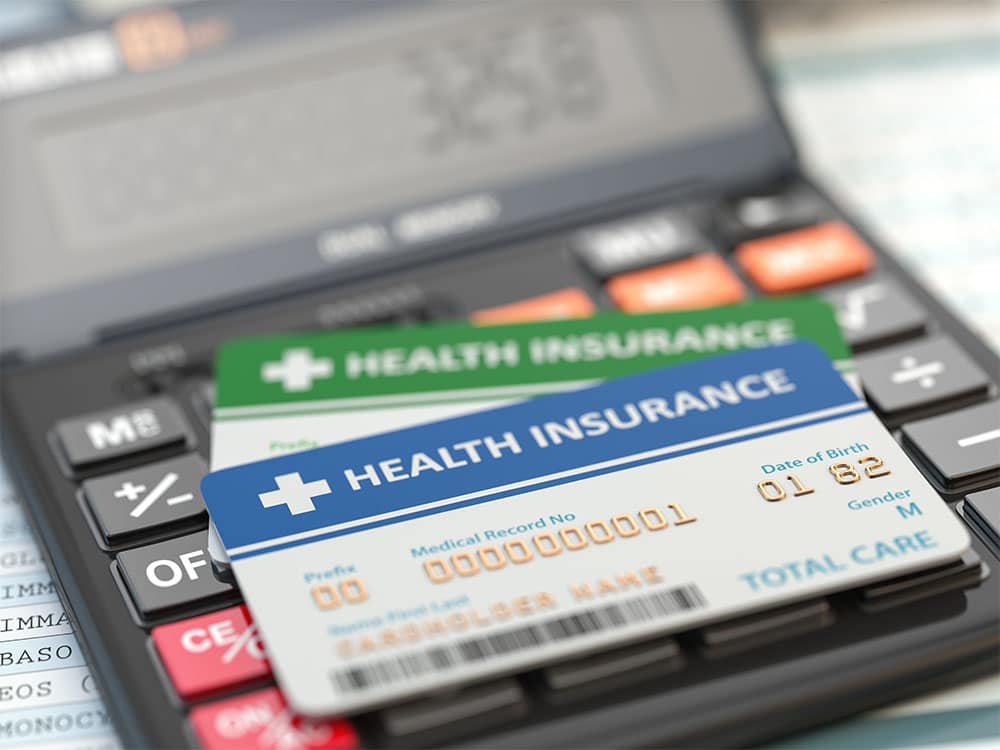
Independent Bartender Insurance Requirements

What types of insurance do independent bartenders need?
We’ll answer that question and more in this article!
What Is Bartender Insurance?

Some insurance companies offer a full range of products packaged together as ‘bartender insurance.’ And to be honest, many of these packages deliver much value for the money. This type of coverage provides you with liquor liability coverage and general liability insurance.
You have the option to get event insurance (if you were to need it). But, of course, you’ll want to shop around to find the best possible deductible. Plus, all insurance policies generally have various conditions and exclusions, so read each policy thoroughly to understand the jargon. Typically, these insurance policies work well and can be a good option for mobile bartenders needing coverage.
Pro tip: Always get an in-person agent to speak with you on the phone before purchasing coverage for your business.
Tell the agent about your business, and try to gauge whether or not their policy will completely protect you. Have this conversation with an agent, as they can help you understand the ins and outs of their policies. In addition, this conversation is the easiest way to decide if it’s the best fit for you.
See also: What is Critical Illness Insurance?
What Types of Insurance Do Independent Bartenders Need?
Independent bartenders need two types of insurance to work:
- Liquor liability coverage
- General liability coverage
Let’s take a moment to talk about both of these different types of commercial insurance and why your business needs them.
1. Liquor Liability Insurance
Generally, no bartender should sell or serve alcohol to a visibly intoxicated person. However, if they do, and if that service leads to the said drunk customer causing some bodily injury or property damage, the business owner who served them could be held liable. This liability could apply to any damages, injuries, or medical costs incurred due to their alcohol consumption. And that certainly wouldn’t be good for business!
It illustrates why independent bartenders need liquor liability insurance coverage. Liquor liability insurance can protect them from expensive damages and fees that could arise by state law if they serve someone who later gets injured or causes some property damage. In addition, bartender liquor liability insurance could help pay for immediate medical expenses in such cases and other legal expenses if someone decides to sue your business.
Liquor liability insurance should generally cover the following:
- Assault and battery protection (intoxicated individuals may end up fighting at the event)
- Legal defense costs/legal fees (in case you get sued due to serving someone alcohol which later damages something or hurts someone)
- Employee damages (if your employees drink and then make a mistake, that liability could fall directly on your shoulders)
- Mental damages (patrons can sue for mental anguish or stress due to seeing other people do disturbing things while intoxicated, etc.)
2. General Business Liability Insurance
A general liability policy is business insurance (a prevalent type of insurance that many insurance companies offer) that gives you coverage to protect against various claims.
General business liability insurance covers things like:
- Bodily injury
- Property damage
- Personal injury
- Medical payments
While this might seem similar to a liquor liability insurance policy, there’s a marked difference. General liability insurance doesn’t cover liquor liability. It’s also important to understand that “host liquor liability coverage” is usually included in the general business liability policy (when sold to select types of businesses, like taverns and restaurants) to provide protection related to the incidental service of alcohol. However, host liquor liability insurance doesn’t protect a business from serving or selling alcohol as a regular part of that business’s activities.
These differences are why businesses must have liquor and general business liability coverage. Even when included in a general liability policy, host liquor liability coverage isn’t enough to protect you as a mobile bartender.
Do Freelance Bartenders Need a Liquor License?
Learning about licensing requirements is the first and most important task that any freelance private bartender must complete.
And while it isn’t directly an insurance question, it does impact how you structure your business. Thus, it will affect how you buy your insurance and what type of insurance you purchase.
- Most mobile freelance bartenders do not provide the event’s liquor, drinks, ice, or other ingredients.
- On the same token, these mobile bartenders do not usually charge for drinks from guests.
- Instead, independent bartenders are generally paid only to show up and serve the drinks that the event coordinator provides.
And they tend to make their money exclusively by charging for:
- Bartending service
- Setting up and breaking down the bar area
- Providing the bartending tools and equipment
- Providing coolers
- Setting up gazebos or event tents for the bar area (if outdoors)
- Sometimes, it involves providing glassware, seating, tables, etc.
For this reason, mobile bartenders and independent bartenders do not generally need to have a liquor license, an event policy, or special event insurance. Instead, the organizers or organizations that hire these bartenders either have a legal liquor license or need them for private events where a liquor license isn’t required (like a wedding with a private bar). Don’t celebrate too quickly, though. You’re not entirely off the hook yet.
Independent bartenders still need to protect their small businesses — even if they only serve a small one-day event. So, let’s talk about what you will need (from an insurance and licensing perspective) to do business as an independent bartender.
Related reading: How to Get Work as a Freelance Bartender
Check Your Local Laws

In most cases, liquor and general liability insurance are the only insurance you need to protect your mobile bartending business. However, every state and province is slightly different, so it’s always essential to do some research and double-check that you’re meeting all of the minimum legal requirements.
Here are some examples of things that you may want to check:
Dram Shop Laws
Laws about liability for damages caused by the sale of alcohol are called ‘dram shop laws,’ and they vary by state. For example — in the form of Missouri, for a commercial establishment like a bar or nightclub to incur liability for injuries or damages, there needs to be evidence that the seller:
- I knew (or should have known) that they were selling liquor to an underage drinker/minor
- Knowingly served alcohol to someone who was already intoxicated
It’s a bit more complicated than this, but that’s a basic summation of the dram shop laws in Missouri. Every state is different, though. And it would be best to keep up-to-date on such laws in your local area.
Local Health Department Codes
You must also check with your local health department to ensure you’re up-to-date on all your health code requirements. The requirements that mobile bartenders need to follow, as they pertain to the local health department, can sometimes be difficult to nail down. For this reason, it’s a good idea to contact your local health department ahead of questionable gigs to make sure that you’ll be able to be fully health-code compliant for the area and the context of the event.
Health department employees can be helpful in such situations. They will generally not have a problem listening to the details and advising you on what to do to be ‘up to code.’ Remember, their goal isn’t to issue fines but to keep these events safe. The best way to do that is to inform you of their best practices.
Business License
In many jurisdictions, your mobile bartending gig will require you to have a local business license. Of course, the specifics of this will vary by area. For best results, call your local city hall or chamber of commerce and ask them to advise you on how to see this technicality.
What About ABC Certification?
Some jurisdictions, employers, or event organizers may require mobile bartenders to be ABC-certified. But this isn’t always a requirement. It’s a myth that all mobile bartenders need this certification or training. In most situations, bartenders don’t need formal licensing to be bartenders as long as the business is covered and has everything required to function legally.
Personal Insurance for Independent Bartenders
As an independent contractor, freelancer, or business owner, you will not likely have access to traditional employee benefits. You may need to provide some basic stuff (workers’ compensation insurance, for example) for your employees if you have them, but let’s talk for a minute about your benefits. Thinking about your help as a mobile bartender may not necessarily impact your business. However, it does affect your life on a personal level.
And this is why we here at Selfgood do what we do.
We give mobile and independent bartenders like you access benefits and provide insurance-like products for self-employed individuals, freelancers, small businesses, gig workers, etc. And we’re pretty passionate about personal benefits!
Among other things, Selfgood’s monthly plans provide:
- Healthcare services
- Small business support in the form of discounts and savings tools
- Benefits to help you get (and enjoy) more time off of work
- Legal resources to assist you build a better future for both your business and your family
Selfgood’s services are affordable, efficient, and valuable and can assist you in plugging those benefit holes that freelancers and gig workers commonly face.
So, if you’re interested in some benefits, consider reaching out and talking to us.
Learn how to obtain self-employment insurance in your field:
Freelance Disability Insurance | Freelance Ghost Insurance | Freelance Workers Comp Insurance | Freelance Critical Illness Insurance | Freelance E&O Insurance | Freelance Airbnb Host Insurance | Freelance Commercial Auto Insurance | Freelance Commercial Property Insurance | Freelance Utah Home Insurance | Freelance Amazon Flex | Freelance Carpet Cleaning Insurance | Freelance Window Cleaner Insurance | Freelance Pressure Washer Insurance | Freelance Electrician Insurance | Freelance Mechanic Insurance | Freelance Junk Removal Insurance | Freelance Hair Stylist Insurance | Freelance Barber Insurance | Freelance Taskers Insurance | Freelance Web Designer Insurance | Freelance Doordash Driver Insurance | Freelance Uber Driver Insurance | Freelance Plumber Insurance | Freelance Writer Insurance
Conclusion
Hopefully, this post has helped you understand mobile bartending insurance’s basic ins and outs. Being a freelance mobile bartender is a fantastic gig. But now you know exactly what to do to protect yourself from liability.
Don’t hesitate to call us for help with those gig worker benefits.
We love mobile bartenders! And we’d love the opportunity to help you help yourself with some incredible freelance benefits at an affordable rate.
Subscribe To SelfGood
Get up to date perks and Gigworker news. Easy. Simply. SelfGood. Subscribe.





